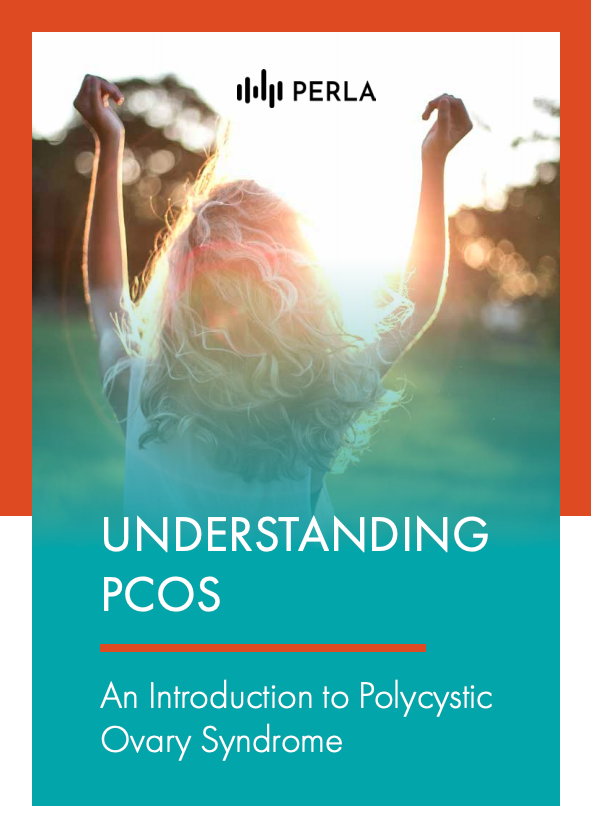The Methylenetetrahydrofolate reductase (MTHFR) is an important enzyme in the folate pathway of the body. This pathway is needed for many processes in the body, and has also an important function for reproduction.
There is a polymorphism (a genetic variant) called the Methylenetetrahydrofolate reductase (MTHFR) C667T genetic variant, in which there is a small switch of the DNA building blocks cytosine to thymine at nucleotide 677 (a specific location in the genome), causing a substitution of the amino acid alanine to valine (leading to a small difference in the build of the enzyme). This substitution leads to a 30% reduction of the MTHFR enzyme activity if you have one copy of this genetic variant (heterozygous) or a 70% reduction of the enzyme activity if you have both copies of this genetic variant (homozygous). Overall, this means that researchers have found that if there is a Methylenetetrahydrofolate reductase (MTHFR) C667T genetic variant, there is a lower activity of an enzyme in the folate pathway, which is important for reproductive functions.
There were early studies about how this reduced activity in the folate pathway can impact the risk for PCOS. However, the studies were very small and early. Currently, researchers are not sure yet about the significance of MTHFR on the risk of PCOS. More studies and data is needed to confirm a possible connection.
Sources:
- Wang L. et al. Methylenetetrahydrofolate reductase C677T polymorphism and the risks of polycystic ovary syndrome: an updated meta-analysis of 14 studies. Oncotarget. 2017 Aug 29; 8(35): 59509–59517. https://www.ncbi.nlm.nih.gov/pmc/articles/PMC5601750/
- Jain M. et al. MTHFR C677T polymorphism is associated with hyperlipidemia in women with polycystic ovary syndrome. J Hum Reprod Sci. 2012 Jan-Apr; 5(1): 52–56. https://www.ncbi.nlm.nih.gov/pmc/articles/PMC3409921/
- Carlus S.J. et al. Is MTHFR 677 C>T Polymorphism Clinically Important in Polycystic Ovarian Syndrome (PCOS)? A Case-Control Study, Meta-Analysis and Trial Sequential Analysis. PLoS One. 2016; 11(3): e0151510. https://www.ncbi.nlm.nih.gov/pmc/articles/PMC4794143/

